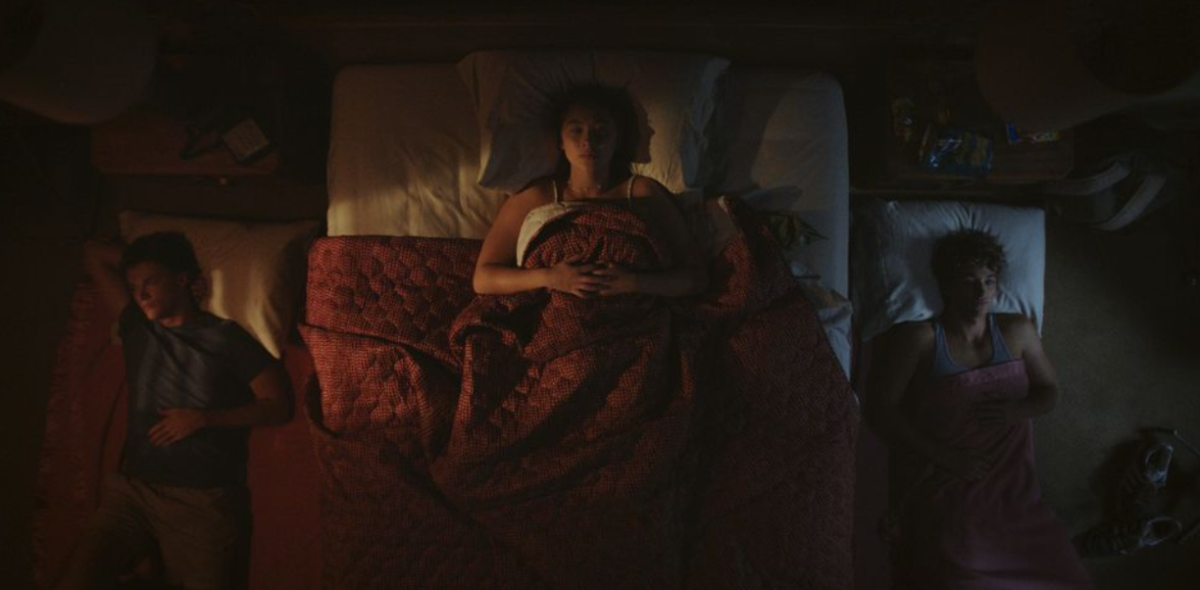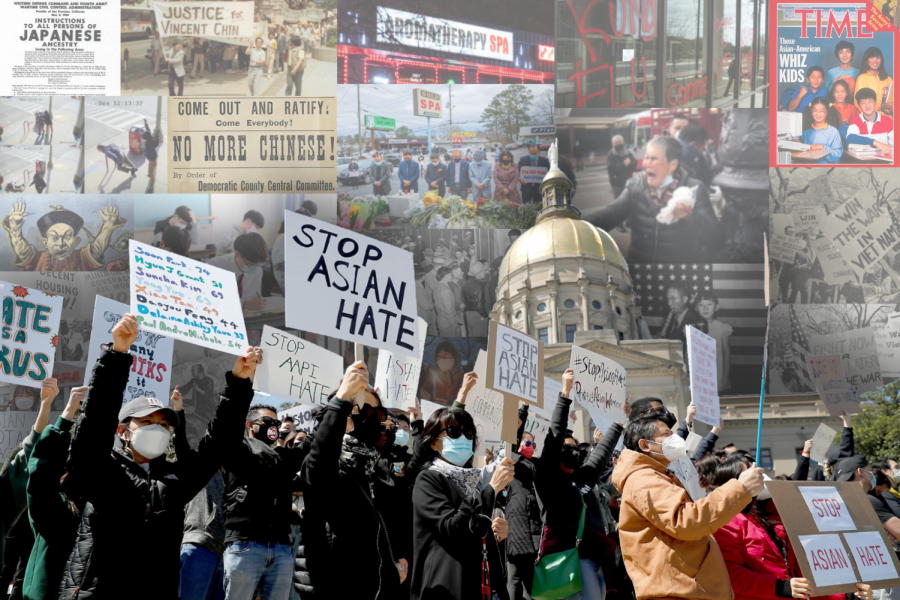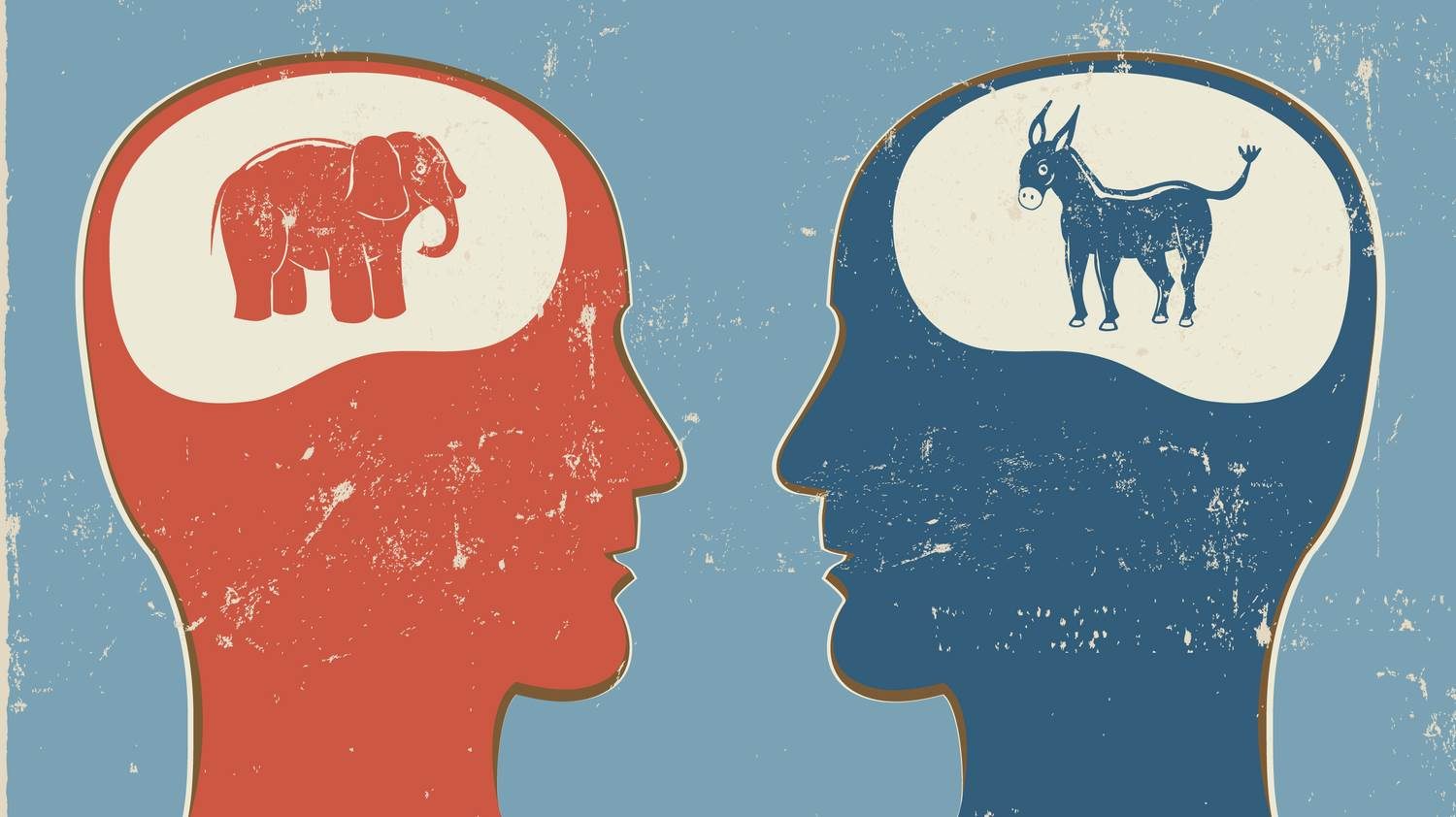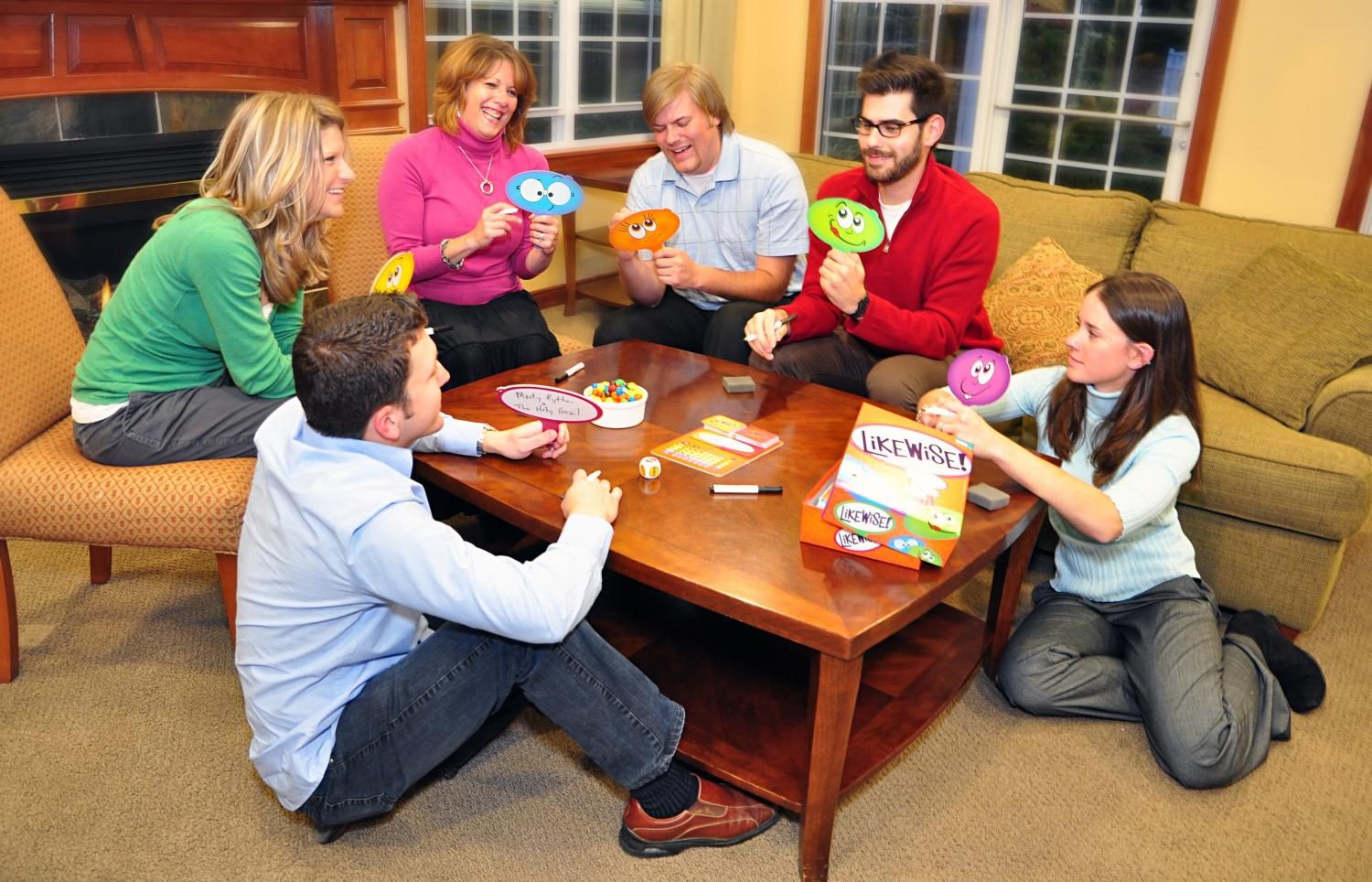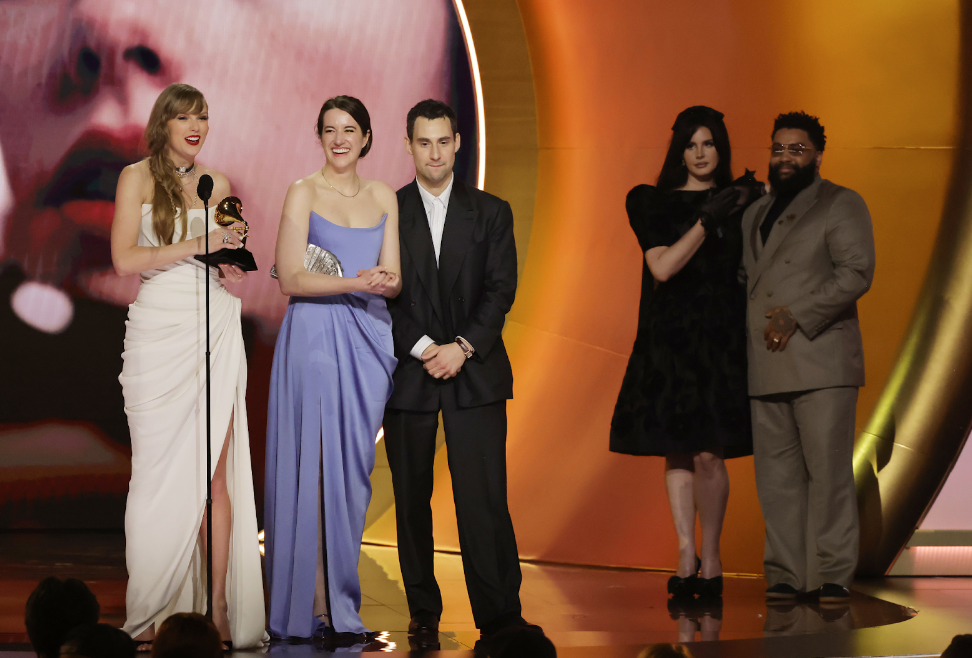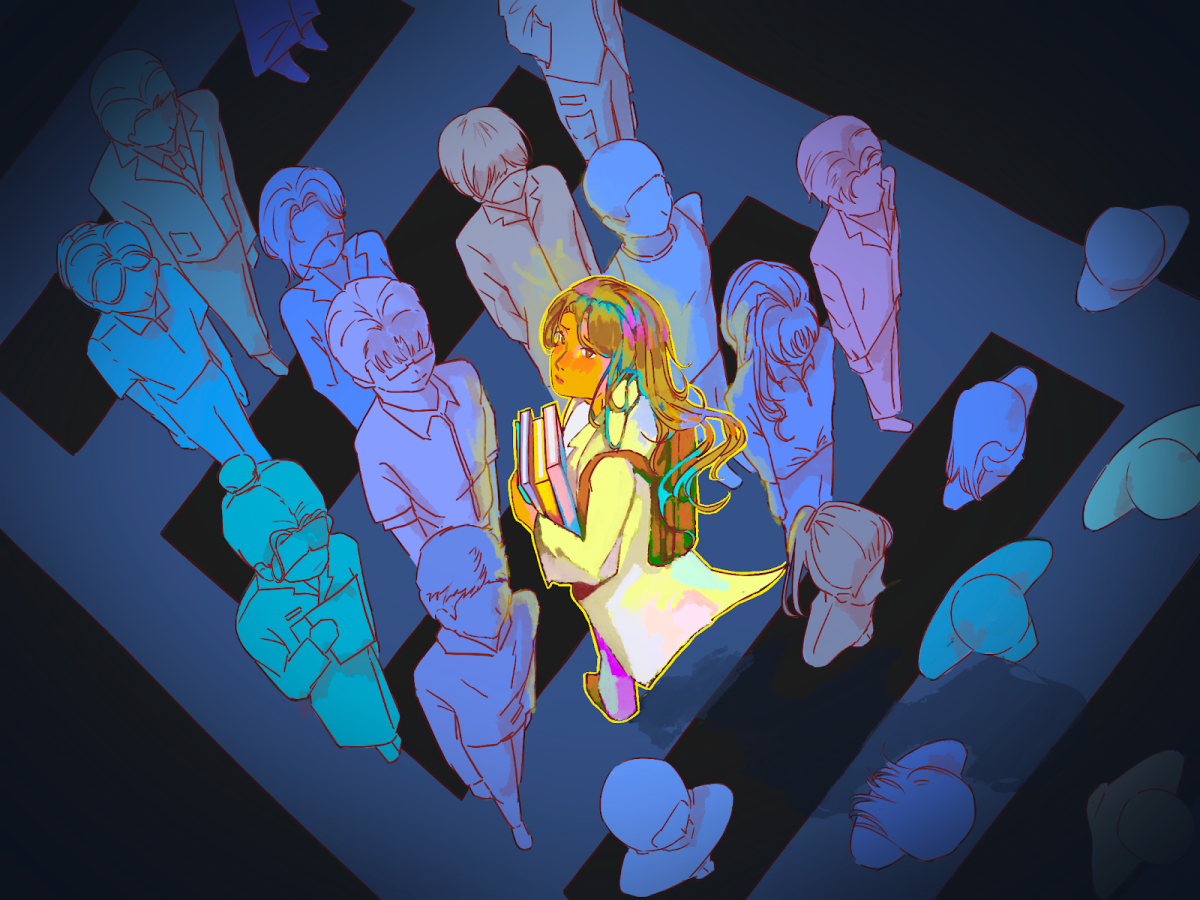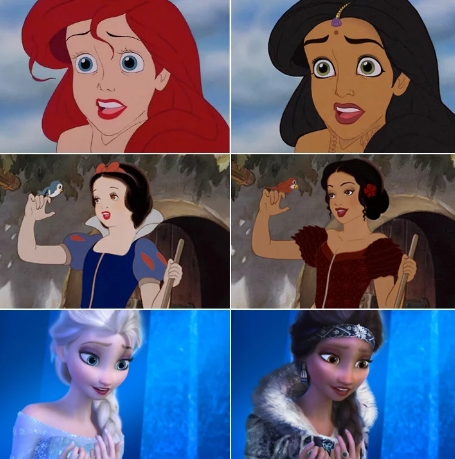Why do we willingly give up our privacy?
By Iris Lee
Recently, the Oxford English Dictionary named “selfie” the 2013 word of the year. While the term is quite fitting for this modern age, I can’t help but think that Dictionary.com’s 2013 word of the year—privacy—is much more appropriate.
Among other privacy scandals this year, Snapchat’s leak of private user photo numbers probably took the cake for violating high school students’ privacy. With more than four million numbers—only with the last two digits hidden—released to the public, individuals were outraged.
With these recent events, it’s no wonder that Dictionary.com decided to respond “privacy.” As time passes, losing privacy is not a big deal. In fact, it’s sad to say that many modern teenagers don’t really care about their lack of privacy.
A recent report by the Pew Internet and the American Life Project found that 91% of the 12-to-17-year-olds it surveyed posted personal photos of themselves online—a drastic increase from the 79% in 2006. Additionally, Professor Andy Phippen of social responsibility in information technology notes, “there remains a basic lack of awareness” about “the potential longer-term impact of information leaks.” The Pew report found that only 9% of teens were concerned about third parties accessing their personal information and are quite relaxed about the whole idea.
So why is it that we’ve become so accustomed to giving up our privacy? We willingly enter our contact information online, sign off our rights by accepting “terms of agreement” without really reading it, and post a great deal of personal pictures via social media. The Internet is a black hole, sucking up our information. Is it just a new age, or do teens not understand the repercussions of posting information online?
Paris Brown, Britain’s first youth police commissioner, clearly never thought that what she tweeted when she was 14 would get her fired from her job. After anonymous individuals surfaced with screenshots of her tweets, calling her “racist” and “homophobic,” Brown was left with no choice but to step down from her post. Even though they were posted years ago from a much more immature mindset, she never imagined that they would be used against her or so easily found online.
While she was a public figure, we hear these stories more and more often. Whether it’s colleges checking up on potential students or job interviewers scanning their potentials interns’ social media, it has become almost too easy to peek into another life. Yet, we have this tendency to “not care”–to us, identity theft or Internet crime just a far-fetched idea that we hear about on the news when it’s too late.
I’m probably singing an age-old tale, but mark my words: privacy is going to become a larger and larger issue. Teens should realize that the Internet is both very large and very small: the sooner we recognize that, the better.



